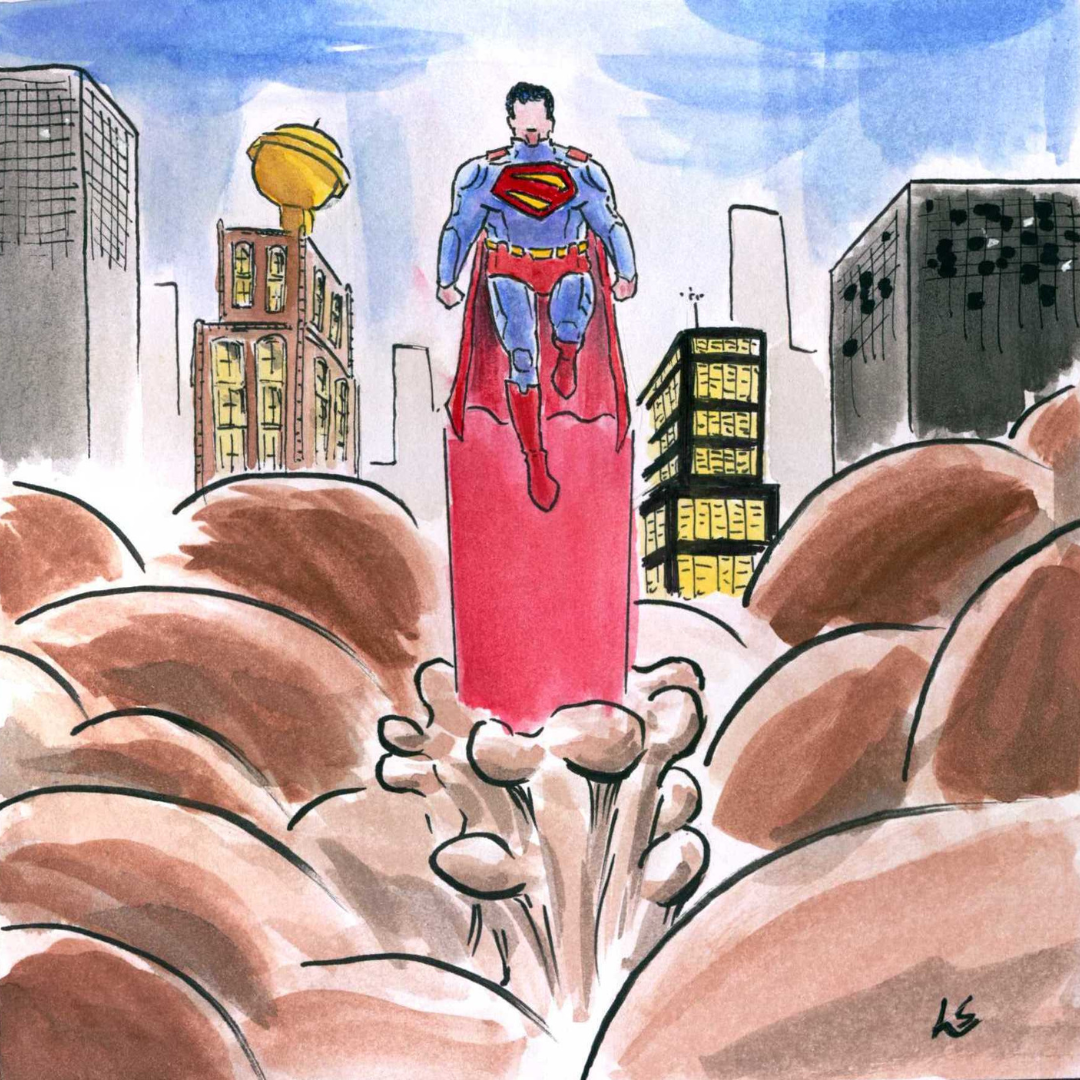Dissecting the strange new film
According to every other think piece published on a pop culture website in the last 10 years, audiences just aren’t responsive to original ideas anymore. The idea is something like this: “The people who populate cinemas on opening weekends don’t care about seeing something stimulating and new, they want to see something cool or familiar!”
Whether it’s Spider-Man slinging webs for the sixth time, Reese Witherspoon starring in her ninth romantic comedy or two Stephen King adaptations released in two months of each other (all of which happened in the last five months, by the way), the truth is a movie will do moderately well if its title or plot sounds familiar to the people buying tickets.
With this in mind, it’s worth wondering why Paramount Pictures took a gamble by giving a wide release to “Mother!”, an arthouse movie with arguably only two marketable factors: it stars one of the most popular actresses in the world (Jennifer Lawrence), and it is the latest film directed by the modern day master of cinematic cerebral confusion, “Black Swan” and “Requiem for a Dream” director Darren Aronofsky.
This was the main obstacle facing “Mother!” when it was released on Sept. 15, and it failed spectacularly, so far grossing only $25 million on a $30 million budget and being one of 17 films to receive an “F” rating on audience poll website CinemaScore.
With all of this in mind, I saw “Mother!” last weekend, with the expectation that I would be seeing something totally original with an intense and striking ending. I was only half right. The truth is that “Mother!” is based on a familiar narrative, one that maybe a third of people on Earth would know intimately.
A young woman (Lawrence) and her husband, a poet (Javier Bardem) live alone in a country house that she rebuilt for him. Their peaceful life together is interrupted when a man (Ed Harris) comes upon the house seeking shelter and is later joined by his wife (Michelle Pfeiffer). The wife scolds the young woman for not having any children, and the young woman warns her against going into the poet’s study. The husband and wife go into the study anyway and break the poet’s prized possession, causing him to order them to leave. That’s when their two sons come in and –
Sound familiar yet? If it does, that’s probably because the film is an allegory for scenes from the Bible, with the first half being a retelling of the Book of Genesis. To reveal the other stories it recreates would involve spoilers, so I won’t mention them here, but will say that the biggest weakness “Mother!” has is that the story is nothing without the allegory behind it.
Additionally, the characters don’t even have proper names; Lawrence is referred to in the credits as “Mother,” Bardem as “Him” and Harris and Pfeiffer as “Man” and “Woman,” respectively. The fact thar nobody is known by a true name only reinforces the idea that they are not separate characters, but concepts totally based on another idea entirely. If they aren’t fleshed-out characters but personifications of concepts, how are we, the audience, supposed to care?
I should stress that “Mother!” isn’t necessarily bad. Lawrence’s performance embodies all the anxiety, apprehension and quiet grace one would expect from the story, and she is the main reason the movie succeeds. The rest of the cast succeeds in their performances as well, with Pfeiffer in particular being haunting and subtly spiteful. The much-discussed ending is also remarkably striking and unforgettable in its intensity, though it’s for the last 30 minutes that I wouldn’t recommend the movie to anyone with a weak stomach or constitution.
While “Mother!” is not for everyone, it still deserves to be seen, if only to celebrate the idea that in this day and age, an auteur can make a $30 million arthouse film and see that it’s given a wide release, even if it’s not based on anything familiar. Except the most famous book ever written, that is, but who’s keeping track?














































